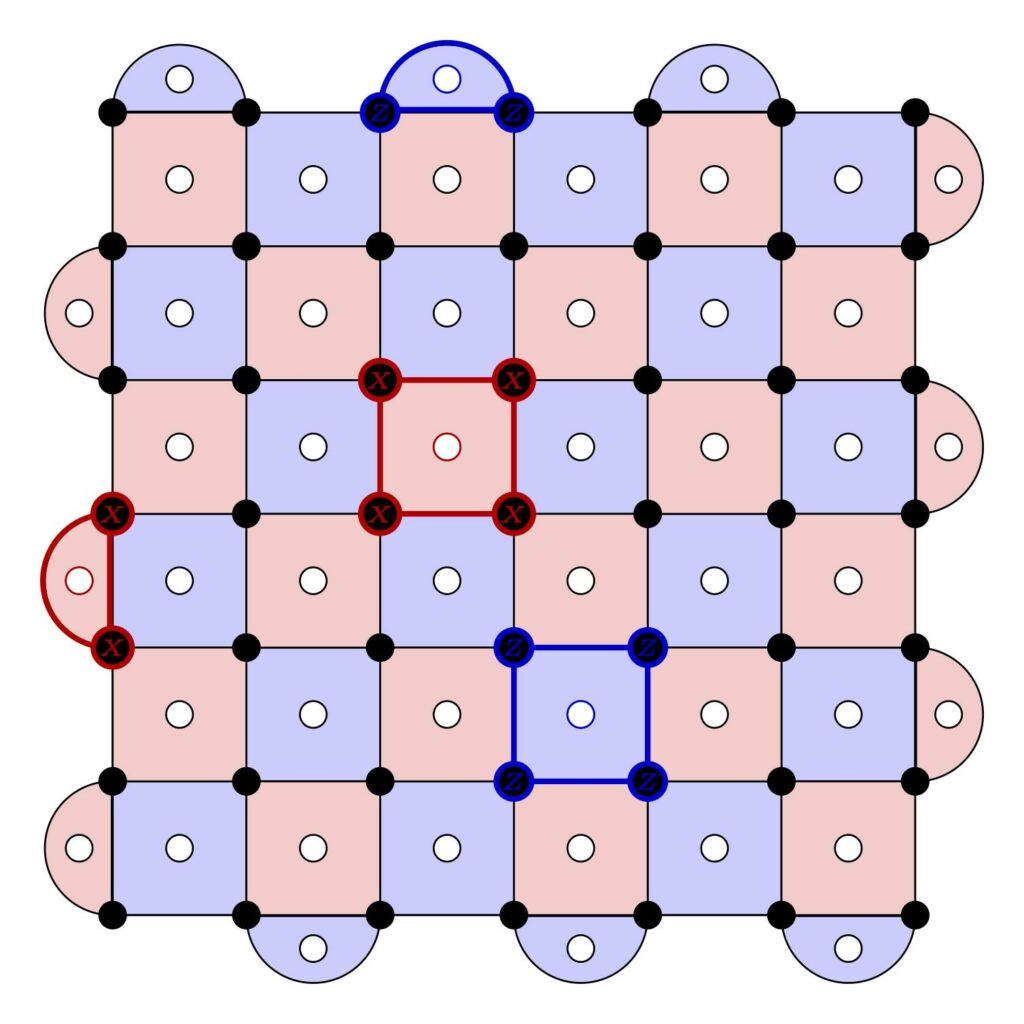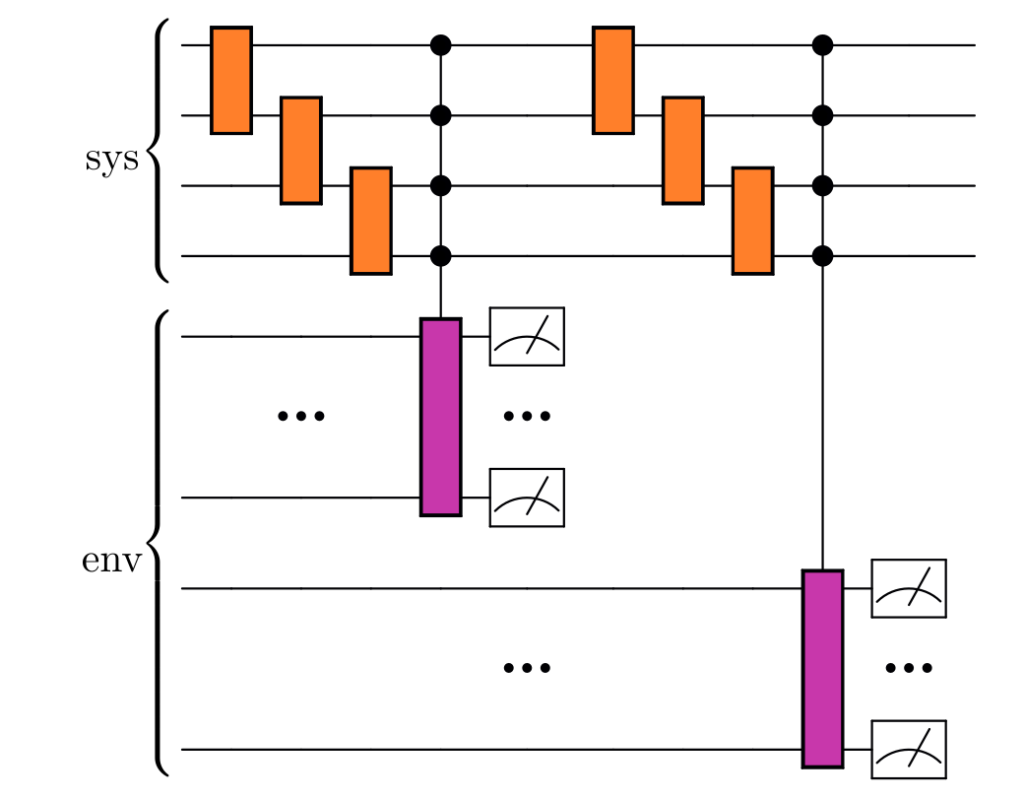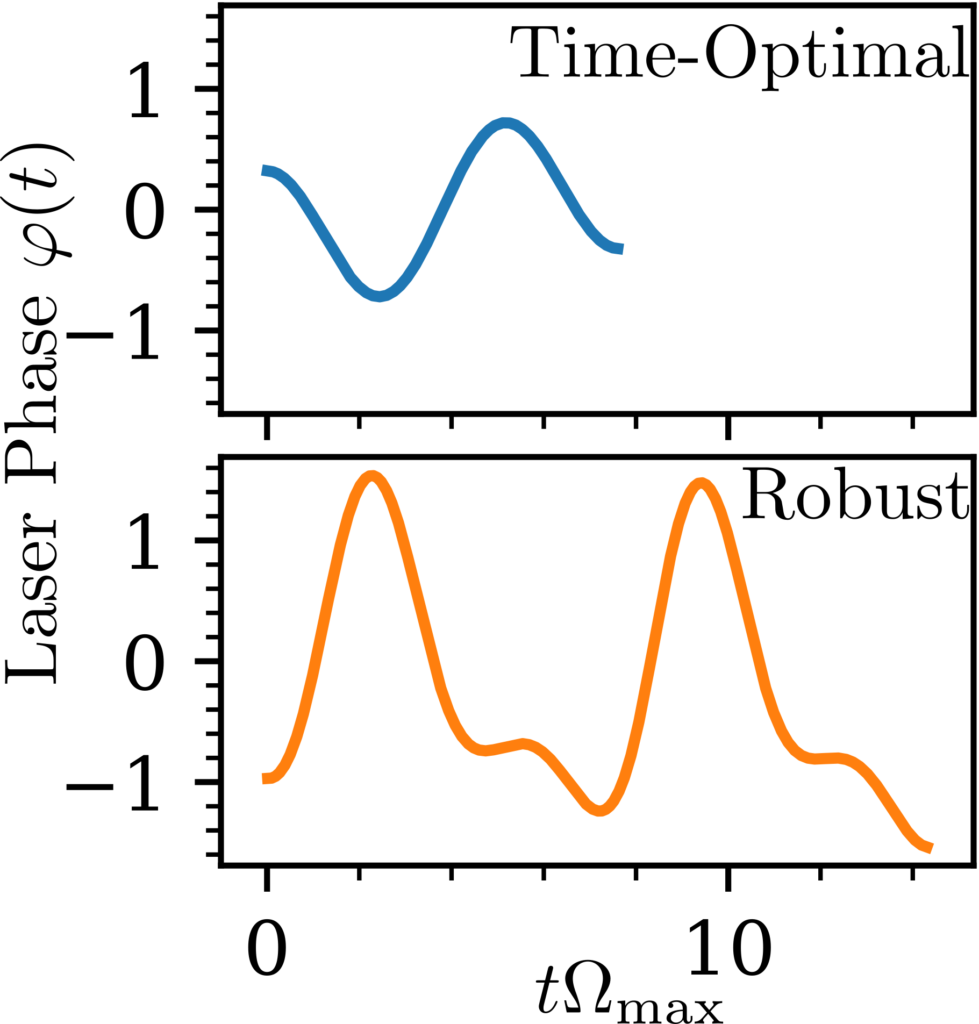Quantum Computing: Research directions at CESQ
Quantum computing represents a revolutionary way to process information with the potential to solve important problems beyond the reach of even the largest supercomputers.
Open questions:
- How do we reach a quantum advantage?
- What are the best ways to minimize errors and protect quantum information at scale
Research topics:
- Atomic Quantum computing as a service – aQCess
aQCess is a full stack public quantum computing platform led by the University of Strasbourg as part of a french and international consortium and supported by the EquipEx+ programme and the PEPR Quantique as part of the French National Quantum Strategy. aQCess is based on a first-of-its-kind digital quantum processor with more than 400 high quality and individually controllable atomic qubits. The platform will be a widely used tool for multidisciplinary research and teaching spanning chemistry, materials science, physics, mathematics and computer science and as a training, testing, and development platform for companies
- Hardware optimized gate sets
For atomic qubits, quantum gates are implemented by shining laser or microwave fields. CESQ researchers are developing new control strategies and highly optimised pulses to maximize gate fidelites and also explore protocols for realizing non-local and multiqubit gates by coupling the qubits to a common bosonic mode, eg. light trapped in a cavity.

- Quantum error correction
To combat the fragility of quantum information CESQ researchers are devising new and practical quantum error correction protocols with high error thresholds.

- Simulation of quantum circuits
When it comes to simulating quantum systems, entanglement and coupling to the noisy environment pose a difficult challenge. CESQ researchers are leading the charge in developing new and highly optimised codes for simulating quantum computers, including effects of entanglement and dissipation

